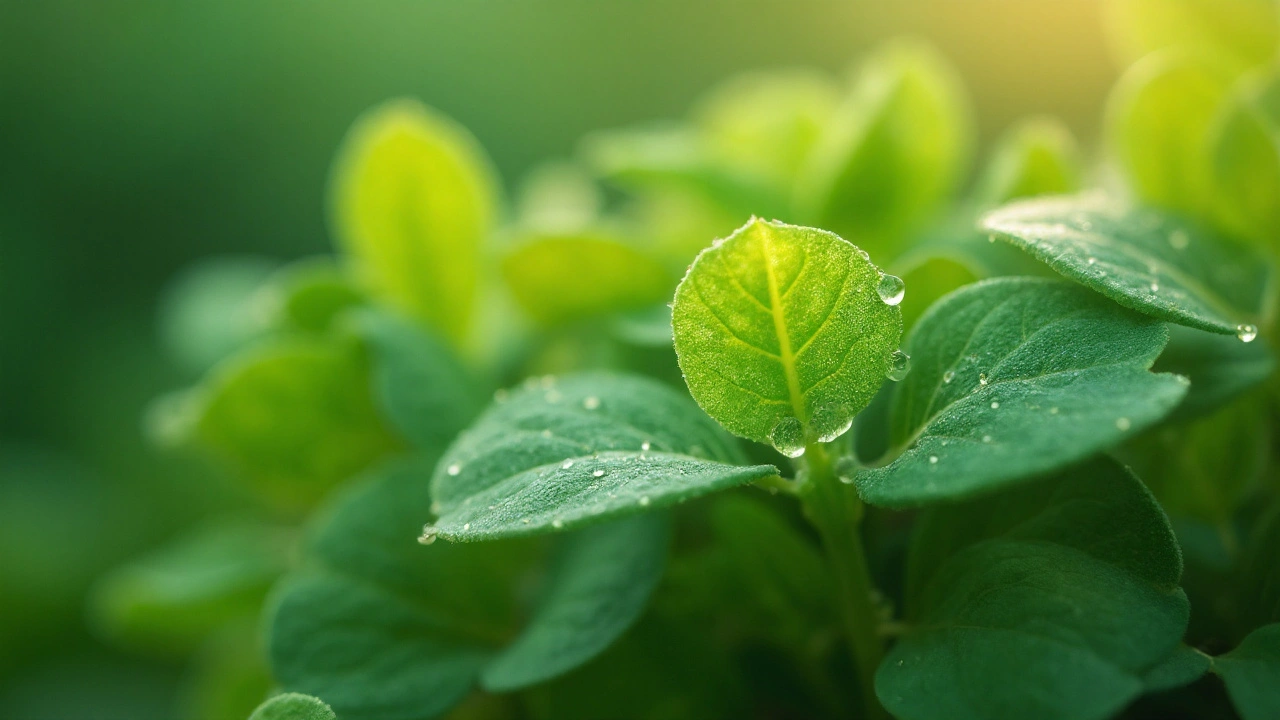Lysimachia nummularia Uses: A Practical Guide to Moneywort Benefits
If you’ve ever stumbled across the name "Lysimachia nummularia" and wondered what it does, you’re not alone. This humble plant, often called moneywort, has been used for centuries in folk medicine. Below you’ll find the most common ways people tap into its healing power, plus simple tips for safe use.
Top Health Benefits
First off, Lysimachia nummularia is known for its anti‑inflammatory properties. People apply a fresh leaf poultice to bruises, sprains, or sore muscles and report quicker relief. The plant’s flavonoids help calm swelling without the harsh chemicals you find in many over‑the‑counter creams.
Second, the herb is a natural diuretic. If you struggle with water retention or mild edema, a tea made from the leaves can encourage gentle fluid loss. Most users boil a handful of leaves for 10 minutes, let it cool, and sip two cups a day.
Third, there’s growing anecdotal evidence that moneywort supports skin health. Its mild astringent action can calm acne and reduce redness. A simple toner made by steeping the leaves and spraying on clean skin works well for many.
Fourth, some traditional practitioners use it to ease digestive discomfort. The herb’s soothing compounds can help with mild gastritis or occasional heartburn. A decoction—boiling the roots for 15 minutes—provides a calming drink before meals.
How to Use Lysimachia nummularia Safely
Before you start, always pick the plant from a clean, pesticide‑free area. If you’re foraging, make sure you correctly identify the species—mistaking it for a look‑alike could cause irritation. When in doubt, buy dried leaves from a reputable herbal supplier.
For a topical paste, crush fresh leaves into a pulp and mix with a little honey. Apply the mixture to the affected area, cover with a clean bandage, and leave it on for up to an hour. Rinse with warm water afterward.
To brew a tea, use one teaspoon of dried leaf per cup of water. Steep for 5‑7 minutes, then strain. Start with one cup a day and see how your body reacts. If you notice any rash or stomach upset, discontinue use.
Pregnant or nursing women should avoid high doses until they talk to a healthcare professional. The same goes for anyone on prescription diuretics or blood‑thinners—moneywort could amplify the effects.
Storing the dried herb in an airtight jar away from sunlight helps preserve its potency for up to a year. Keep the fresh leaves in the fridge, wrapped in a damp paper towel, if you plan to use them within a week.
Overall, Lysimachia nummularia is a versatile, low‑cost addition to your natural health toolkit. Whether you need a soothing cream for sore muscles, a gentle diuretic, or a skin‑friendly toner, this humble plant has you covered. Just remember to start small, watch your body’s response, and enjoy the benefits of this time‑tested herb.
Unlock Moneywort Health Benefits: A Complete Guide to Natural Healing
Discover how Moneywort (Lysimachia nummularia) can boost your health. Learn its active compounds, safe ways to use it, and how it stacks up against other herbs.
